
Amplify Founder Says “Good Idea Doesn’t Need to Cost a Fortune,” Common Interest Now Officemate

Four months after Common Interest acquired a 51% stake in his agency, Amplify founder and global CEO Jonathan Emmins says the new-age holdco has moved into Amplify’s London offices to form a “collective”, and he’s already felt the impact of a “peer to peer network” made up of “phenomenal talent”.
The creative and brand experience agency “didn’t need to” accept the acquisition deal, which will see Common Interest purchase the remaining 49% of Amplify over the next five years. As founder, Jonathan made the decision because he knew Amplify could get “better and better” as a result. “We've done so well in our own right, but bigger global systems and processes [meant] that we could lean into a global footprint.”
He also believed in, and wanted to learn from, former Havas AUNZ chair Anthony Freedman, who set up Common Interest in late 2023 to act as a holding company that builds brands in popular culture.
“He's built the agencies, he's done that, and we were chatting along the way equally, while he was building that out from an acorn of an idea. It got to a point that in the last year, we were like, okay, let's join forces,” the London-based Jonathan tells LBB in an interview during a visit to Sydney.
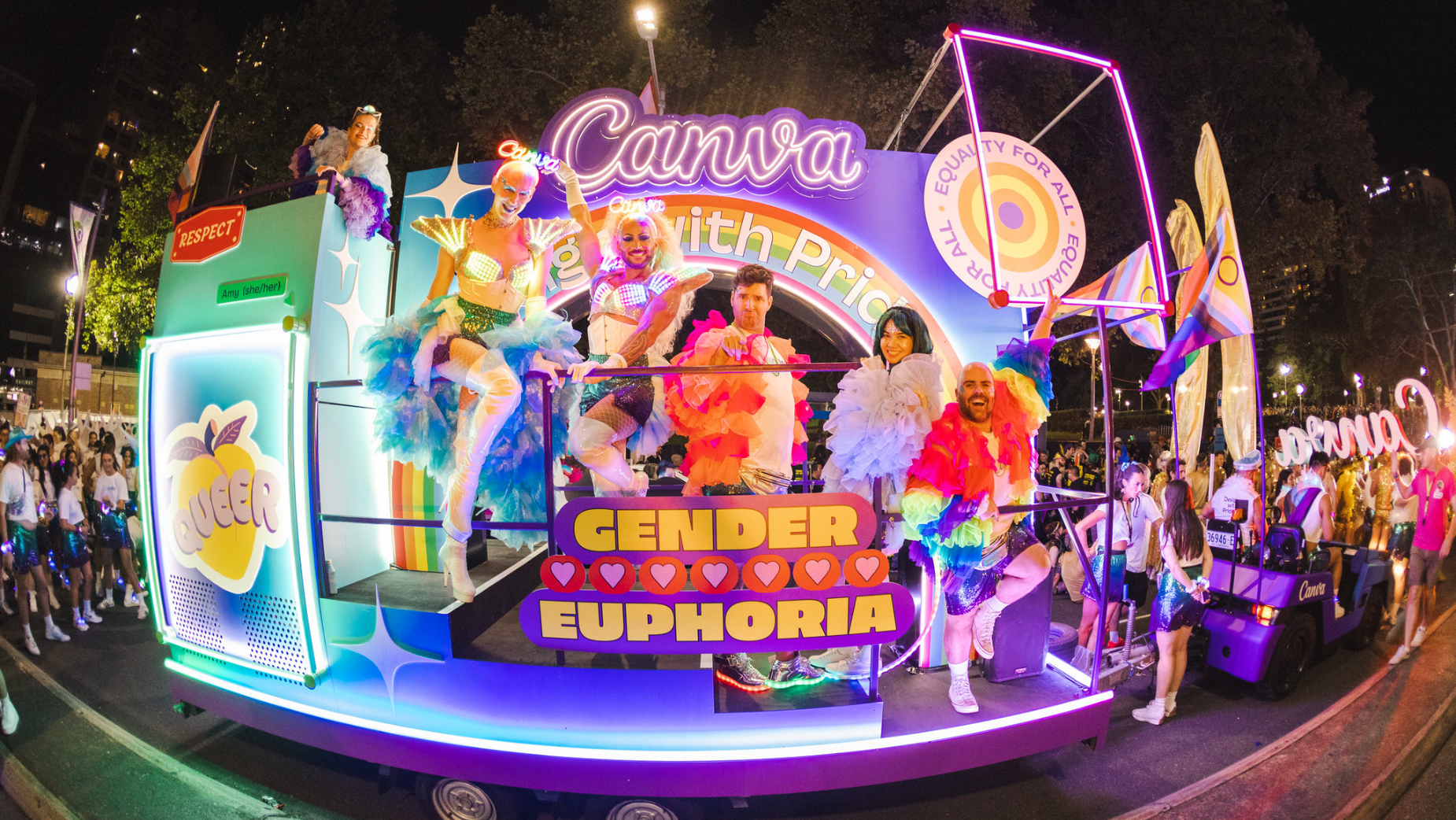
“We like Anthony and the way he thinks, the vision and ambition, and the way he does business, not just the business he does. There's a likemindedness there. He's had the warts and all of us and still wanted us to come in.
“I want to work with phenomenal talent. All the other agency leaders, as well as Anthony, are amazing. Actually, Common Interest outside of the agency leaders is four people at the moment, so it's very much a peer to peer network. We have a seat at the table to guide and make those decisions.
“We bought into Anthony's vision. We're all making those decisions together and adding value. That is the major reason for doing it.”
Amplify’s global leadership team became partners and equity holders in Common Interest. The group also includes brand consultancy 21st Century Brand, cultural intelligence platform CultureLab, design studio Otherway, youth agency SEED, creative B2B and B2E (business to employee) Wonder, and the newest addition, Baby Teeth – a creative company promising to exist at the crossroads of entertainment, talent, and brands and run by the well-respected Lynsey Atkin, Chris Watling and Rebecca Lewis.
Both Common Interest and Baby Teeth started out with different names, Jonathan says, while adding of Anthony, “We've always wanted to be the slight antithesis of the industry, and cut our own path. But we’re very much like minds.”
“A Good Idea Doesn’t Need to Cost a Fortune”
When Jonathan thinks of Australia, it’s “the breadth and innovation” that stands out. Because the Australian market is smaller than others Amplify works across (London, LA, Paris, New York), “that innovation comes through.”
“In Australia, you get a bit more license and freedom. There's just a lot more breadth, and the clients are a bit more open minded. Experience has always been more about a relationship versus the way to start or maintain conversations.”
Jonathan and Gareth Davies, managing partner of Amplify Australia, say despite its distance from other offices and markets, Australia punches above its weight.
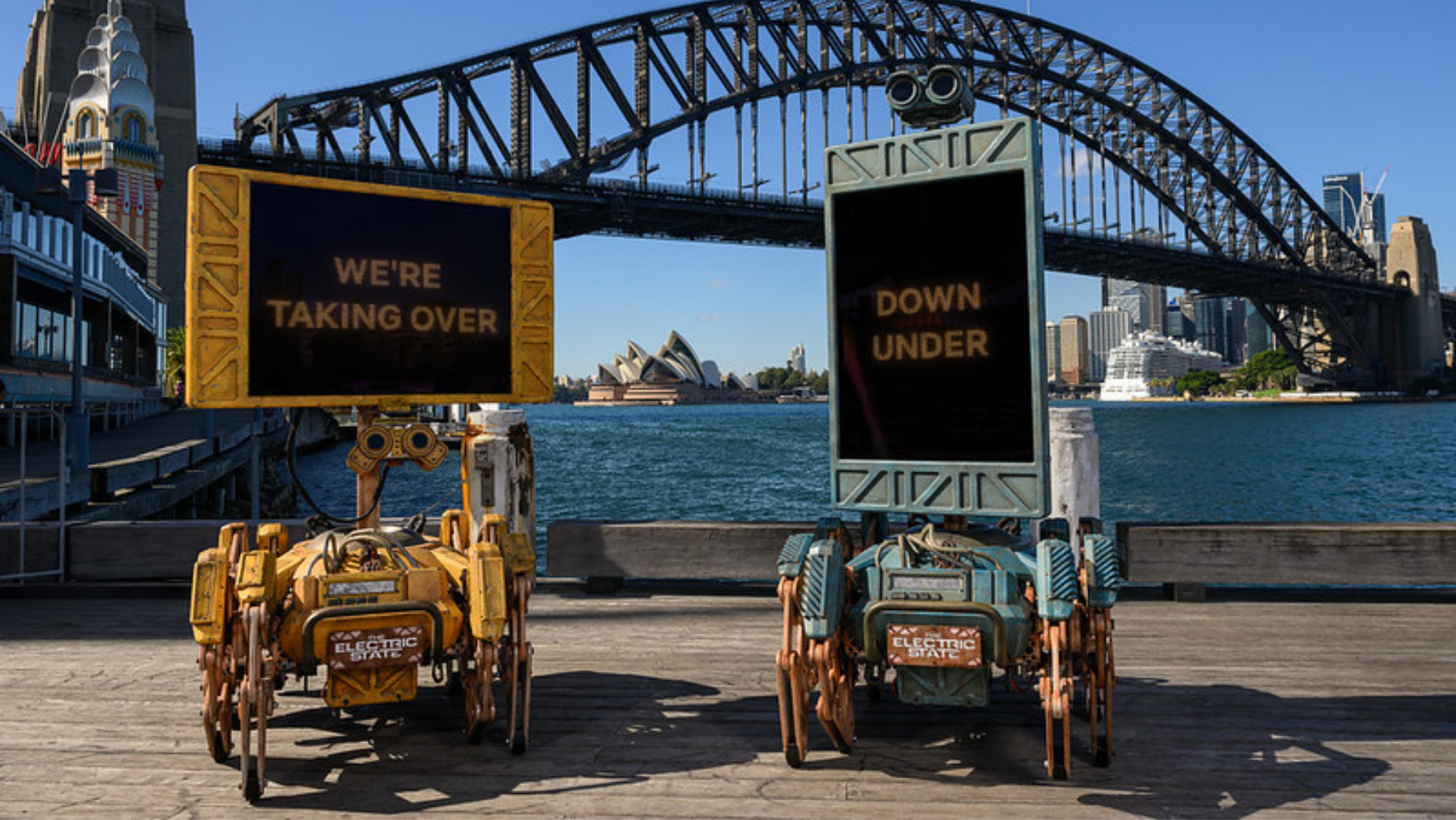
“We know that Aussie budgets are generally smaller than our sister agencies around the world, but why I'm really proud to fly the Aussie flag is that our case studies feature quite prominently in our global show reels,” Gareth said, “particularly when we're talking about innovation.”
The knowledge that “a good idea doesn't need to cost a fortune” and "speed is of the essence to capture cultural" is a throughline in Amplify’s work, with Jonathan pointing to a campaign for Nike following the brand’s kit partnership with Paris Saint Germain FC.
“We're doing stuff with a three week lead time. The making, the speed of agility, whether it's shooting content or making it – the fact we can make it … just means you can create those moments.”
Globally, the agency works with top-tier clients like Activision, Converse, EPIC Games, Google, Nike, PlayStation, and Samsung and promises to prioritise worldbuilding for brands, in the same way video games or novels worldbuild.
Jonathan reminisces on Amplify launching in a market where “the 30 second TV spot was king,” with significantly less focus on other channels.
“We liked playing [with] all the other channels, and we were very good at that. Yes, we could engineer an idea for a 30 second spot, but wouldn't it be better to come up with an idea that could be a brand platform that could work across multiple channels and be future proof?
“Even if there was an experience component – which now increasingly can be physical or can be virtual – it was amplifiable. I think Australia, by nature, has always had to lean into that.”
That’s why Netflix chose Amplify Australia to be its creative agency in February, according to Jonathan, “not because TV is not important, but because they're more interested in the other bits in the mix there as well, which increasingly we're seeing on a global level.”
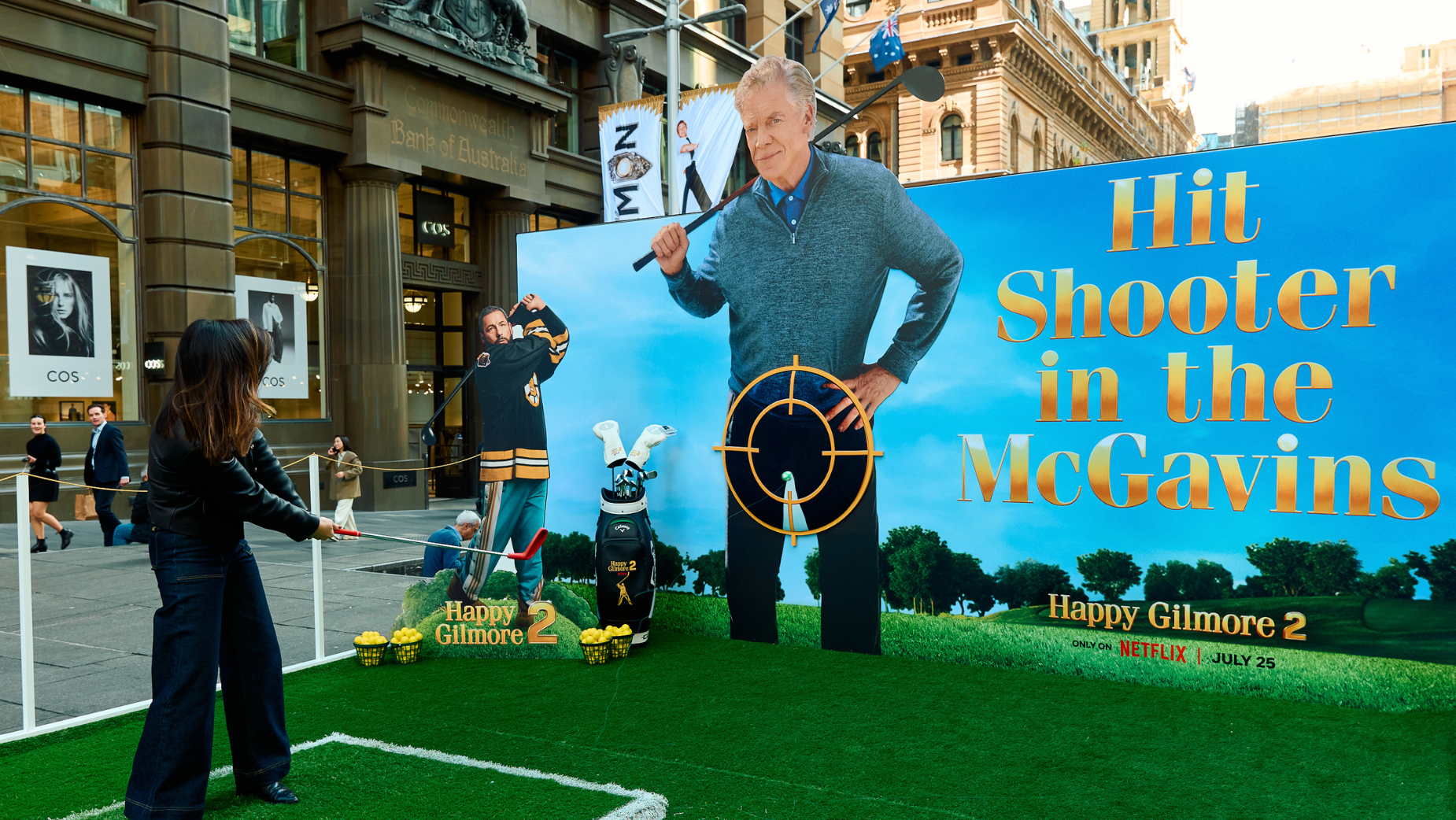
Gareth adds he is “very pleased to see” creative ambition as a core part of Australia’s identity.
“Some clients can be very ‘Let's follow the global directive and just deliver with a bit of a local twist’, whereas others, we find, tend to be really ambitious and really want to do something that's innovative, that gets cut through. That is great for us.
“They're the kind of groups that we want, where there's no boundaries. We've had success in delivering some of those very wacky ideas that gives our client fame and cuts through.”
“Avengers Assemble”: Not Pitching Against Like-For-Like Agencies
“We're not particularly pitching against like-for-like” competitors, Jonathan says of Amplify’s pitching process.
“There might be a traditional media agency, there might be digital or social, there might be a tech or entertainment platform, where we're quite proudly the fourth agency in the mix.
“We're a bit like Avengers Assemble, we take a little bit from all of those things.”
A key advantage for Amplify in pitches is its status as “quite a first-mover on using culture as a differentiator.”
“I do feel there's a lot of agencies now rebranding around culture. But is it culture, or is it a funky uncle? Culture, for me, needs to be leaving the world in a better place than when we came in,” Jonathan adds.
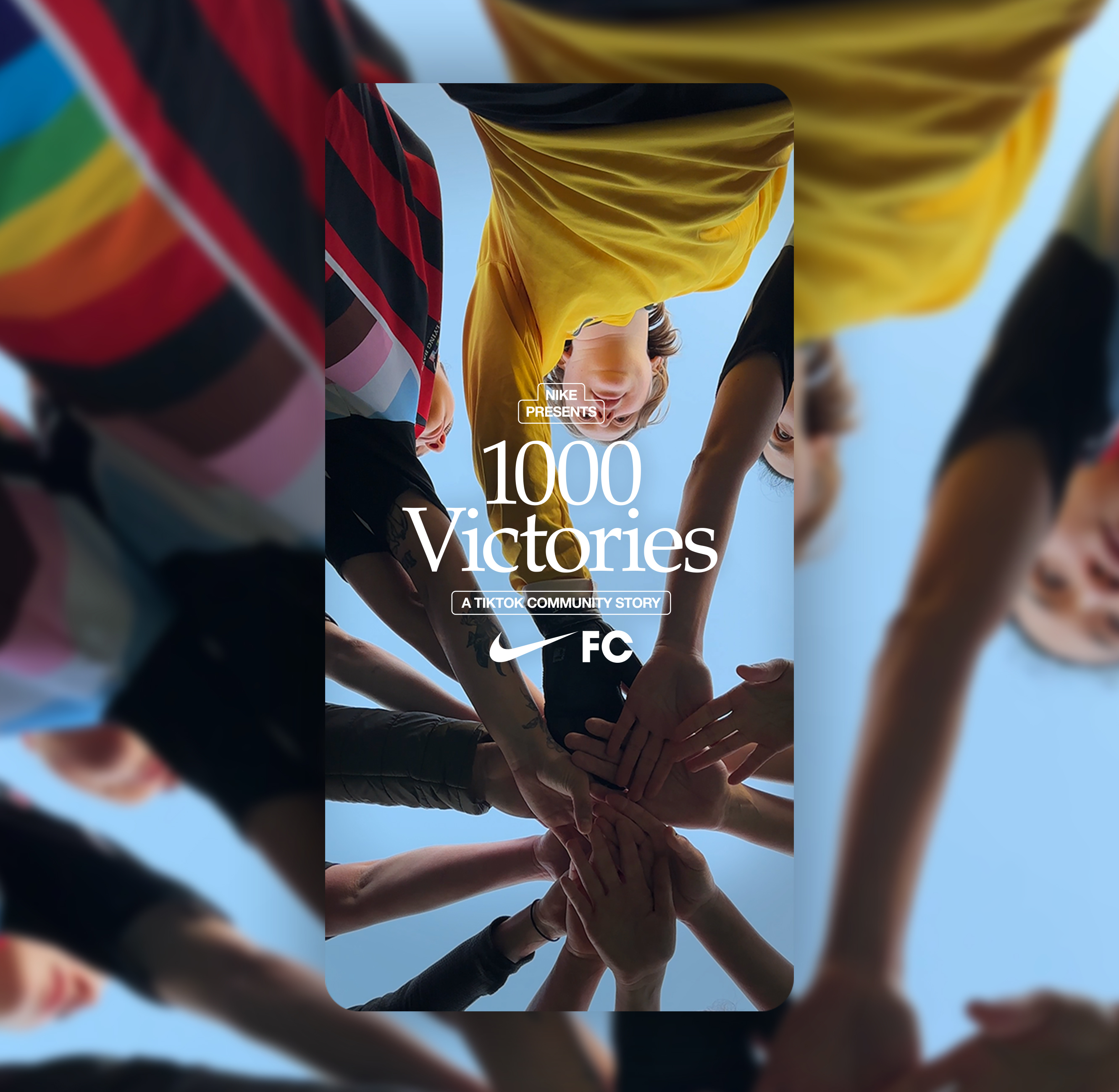
He warns there is a similar risk with leaning too hard on referring to work as “authentic.”
“Authenticity became so overused, it started to be misused, and it started to mean nothing. It should mean something.”
In the days before this interview, Amplify’s experience promoting Netflix’s ‘Happy Gilmore 2’ was live in Sydney’s Martin Place, encouraging businesspeople to ‘Hit Shooter in the McGavins’. Experiences prove there’s a “trust in tangibility,” Jonathan says.
“There is something about the tangibility of a magazine, a realness or experience … It gives it a substance or a feel or a reality to it.”
Amplify has a dedicated Co.Labs team, tasked with finding the perfect partners to team up with on culturally relevant collaborations. Its capabilities also span tech and innovation; disruptive media; entertainment and IP; creators, communities, and partnerships; film and broadcast; integrated campaigns; brand experience; and brand consultancy.
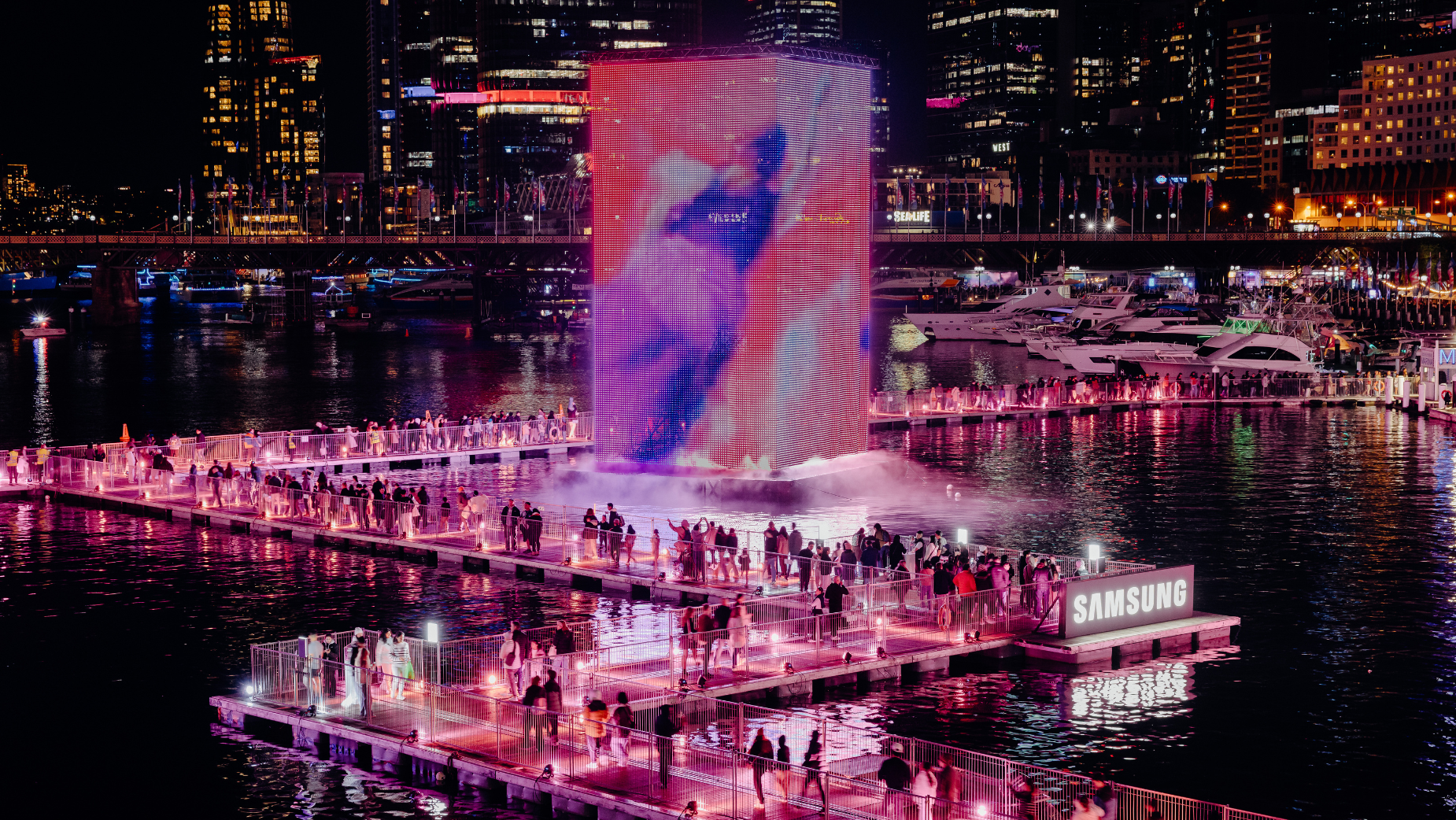
Living up to its promise to build worlds, break formats, and create culture can take the form of surprising and delighting commuters with a chance to swing a golf club, or reimagining a livestream to launch a Lady Gaga album with Westfield.
“We're very happy to do Lady Gaga, but again, even with them, we try to find more. What do they want out of the scenario? We have fiendishly talented creators that are connecting with the audience, they're far better to translate or tell those brand stories within it. We just need to create that framework to do so.”
Part of unearthing what clients really want requires listening to all marketers in the business, not just the CMO, he adds. “Everyone talks about senior level clients, [but] junior level clients, often those young people, they know what needs to happen so make sure those clients are listened to. I think that's important.”












